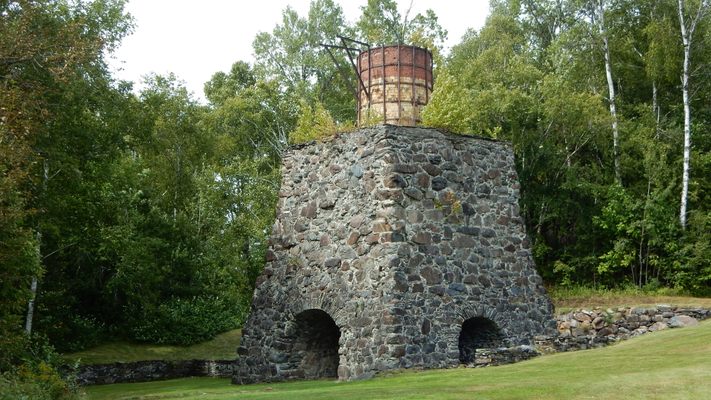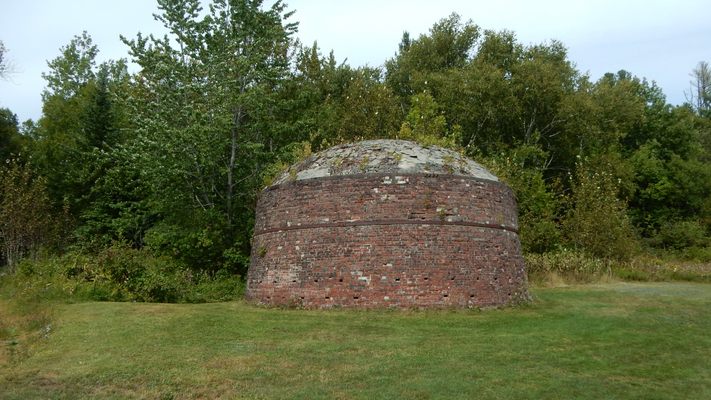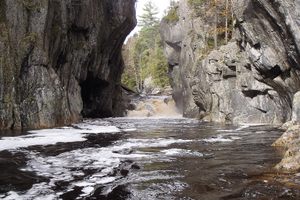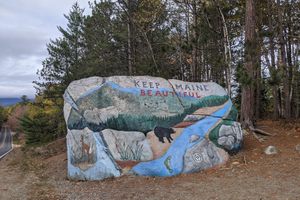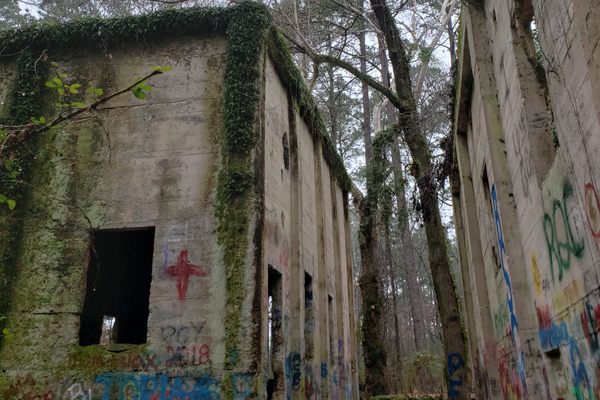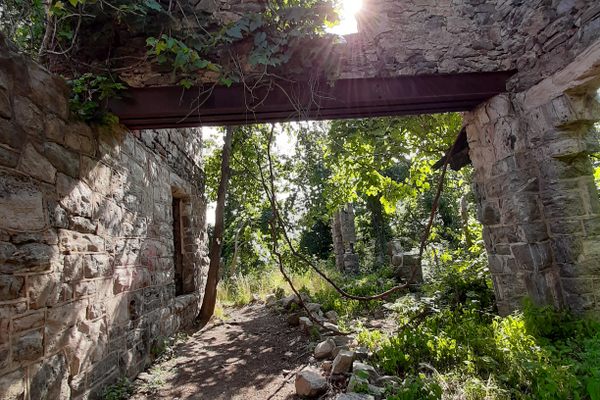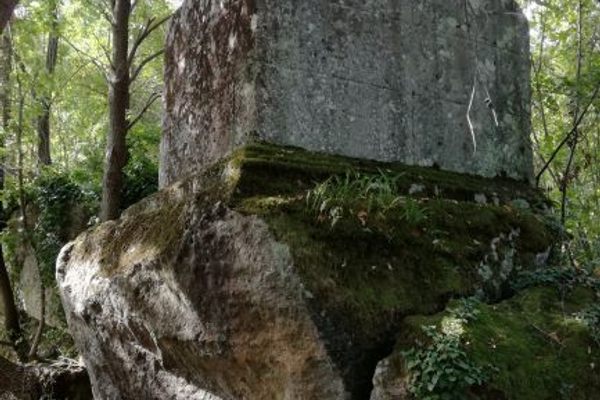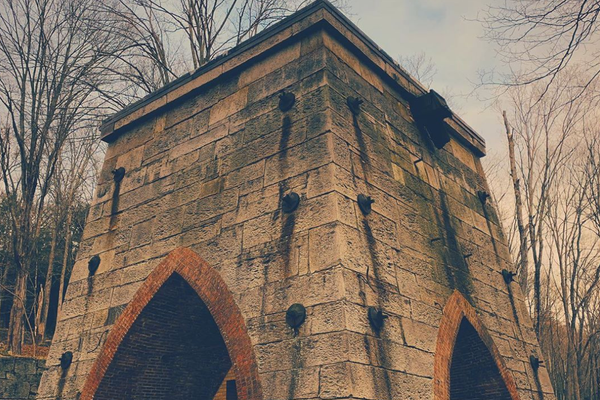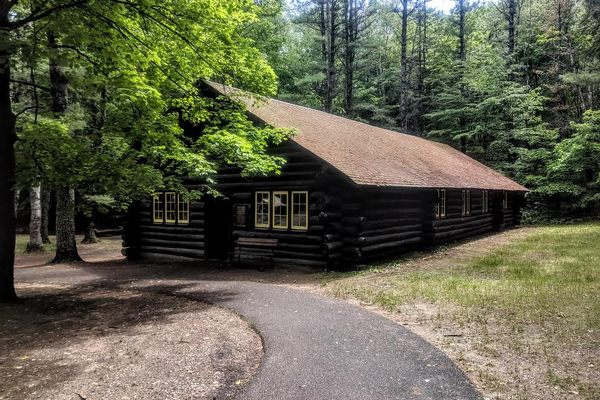About
Maine's resource-rich Great North Woods once hosted the Katahdin Iron Works, a large mill that supplied wood for furnaces and iron ore to be smelted into pig iron. Up to 20 tons of pig iron were produced daily at the mill's peak production in the 1880s, but more efficient mills closer to cities would lead to its closing before the turn of the 20th century. Today, only the blast furnace and one charcoal kiln remain.
Iron ore from nearby Ore Mountain and the wood from Maine's vast northern forest facilitated the Katahdin Iron Works. Built in 1843, the mill produced a steady supply of pig iron for use in metal tools, machinery, and railroads. The mill supported a small town of 200 workers and their families, and the area became a tourist attraction thanks to its isolated location. The Silver Lake Hotel become known for its mineral springs.
Unfortunately, the boom era was not to last. The iron ore used was rich in sulfur, which had to be roasted out before smelting. The isolated location meant higher transportation costs to bring the iron to market, even after a railroad was built. The mill caught on fire numerous times. Enormous new mills built in Pennsylvania could produce iron and steel much more efficiently and cheaply. Katahdin Iron Works finally closed in 1890, and the Silver Lake Hotel burned down in 1913.
Today, you can see the ruins of the old blast furnace and a charcoal kiln. The land they are on was donated to the state of Maine in 1968 as preserved as a historical site.
Related Tags
Know Before You Go
The iron works are on Katahdin Iron Works Road, which has sections that are owned by resource companies. The historic site is by the KI Checkpoint, which requires a $14 cash payment fee to pass. "KI Road" is a graded dirt road used by heavy logging trucks. Note that these trucks have the right of way, and be sure to avoid rocks in the road that are painted orange.
Community Contributors
Added By
Published
September 25, 2018
